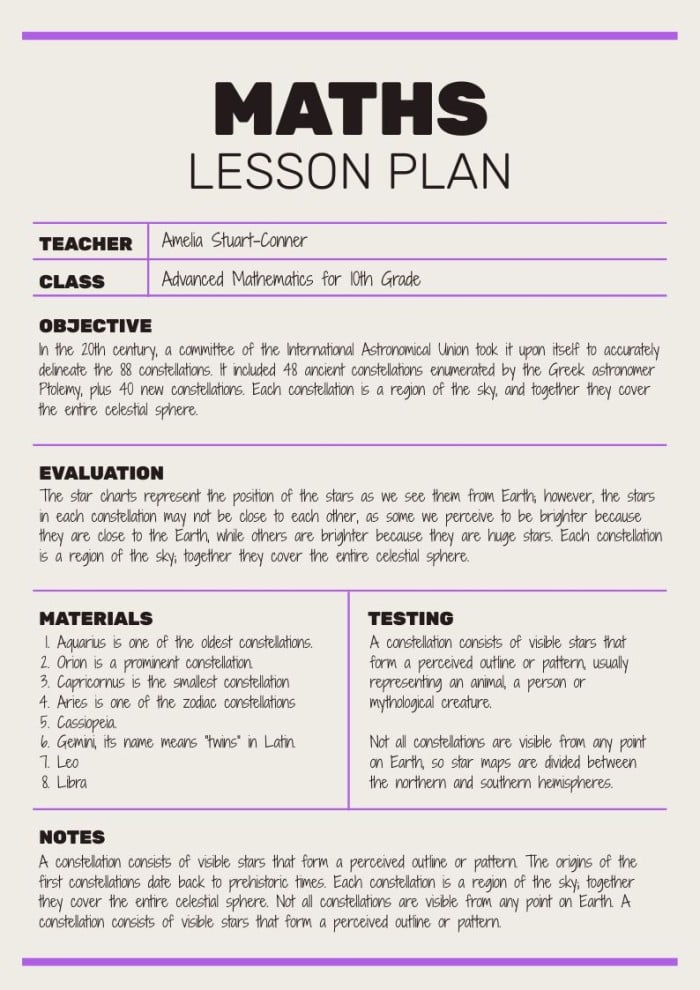When looking at the education system, it is integral to think whether the current system benefits our students and shapes them to become prepared for what lies ahead. The reimagination of the education system would benefit more learners and create more equal opportunities for varying students’. Additionally, changing an outdated system would be ideal for less standardized testing, and provide children with greater life skills and a deeper understanding of knowledge.
Attempting to change pedagogy proves to be difficult primarily due to the negative stereotypes and resistance from other educators and parents. Educators often encounter obstacles when taking initiative or advocating for new ideas due to outstanding prejudices. These obstacles can come from “traditional” teachers who are resistant to changing their methods of practice. But can as well come from post-secondary institutions that set grading percentages as the baseline for a students’ success and worth. There are also parents and students alike who are scared about attending an institution where they may not be receiving the same education that allows them to advance further to prestigious universities. I believe that the greatest obstacle for educators trying to create change is the fear and the reluctance to adopt new systems that might better serve future generations and students.

Pros of lesson plans include that they are usable in the classroom and can be multifunctional. Lesson plans are great for achieving a specific goal as you are able to outline the material that needs to be learnt. However, lesson plans are not intended to be flexible with each individual student’s needs, and therefore lack the objective to teach students educational content longterm. In comparison, learning plans are able to provide students’ with the educational skills needed long term, and are made in mind with each student’s personal learning needs and adapted depending on their educational objectives. Learning plans also allow students to develop their creativity and investigative skills, and obtain the knowledge in a way that best suits their needs. Learning plans require the constant planning and tracking of each students’ individual learning plan which can prove to be difficult in a classroom with a lot of students. They are also very tedious, and tend to be not as detail oriented as lesson plans, but moreover provide students’ with a better grasp of knowledge.